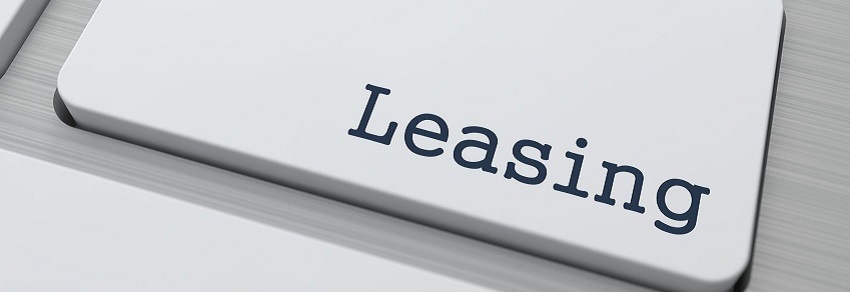compare multiple quotes from Agreed Suppliers
- Save time and money by letting us do the legwork for you
- We will look at the most suitable and competitive providers for you
- Our expert service is 100 % free with no-obligation
- Get the options to make an informed decision and get the best deal
Business banking: Equipment lease VS purchase: making the right choice
With so many equipment lease providers, it’s easy for any business, of any size, in any industry, to have a choice between leasing and purchasing. Both solutions have their advantages and disadvantages, so interested business owners or procurement managers need to weigh their options before making a decision which can impact business finances for many years.

Pros and cons of equipment lease
Equipment lease may look cheaper in the short run, but among other disadvantages, will make the business pay more for the same equipment than it would have if it had purchased it.
Advantages of equipment lease
Equipment lease has many advantages:
- the most obvious advantage is that leasing requires significantly lower monthly payments than purchasing, so initial expenses are much lower than with purchasing;
- monthly costs can be deducted from taxable income;
- monthly expenses will also be more predictable, as fixed rates are predetermined in a leasing arrangement;
- if the equipment needs to be used only for a short time, leasing will nearly always be the cheaper option;
- obsolescence is also a key factor: why commit to such a large initial expense when purchasing a piece of equipment which will be obsolete within years or months, while you can lease the same equipment and have it replaced at no extra cost?
- maintenance is often included in the leasing contract.
Disadvantages
However, leasing also has its disadvantages:
- in the long run, equipment lease makes the equipment much more expensive;
- instalments still need to be paid even if the equipment is not used;
- businesses don’t own the product until the end of the lease period;
- a deposit may have to be put down;
- agreements may be inflexible;
- leasing is only offered to VAT-registered businesses.
Pros and cons of purchase
Purchasing equipment may in some cases actually look like a better option than equipment lease, especially if this equipment is meant to be used for a long period of time.
Advantages of purchase
Advantages of purchase are mostly related to the fact that purchasing involves ownership:
- businesses can select the maintenance provider they please, and they can be more efficient or cheaper than the ones which come with leasing arrangements;
- the whole cost of purchasing ends up being cheaper then equipment lease in the long run;
- it’s usually easier to buy a product than to lease it, as you don’t have any paperwork to do, and as the equipment is often just a few clicks away on the internet,
- all costs are tax-deductible starting from year one;
Small enterprises hiring a small workforce will be interested as equipment stays while the staff may be renewed and numbers move up quickly. Start-ups may with little credit history, on the contrary, may not be eligible for these arrangements, unless the owner can supply his own credit history.
Disadvantages
Disadvantages of purchasing include:
- price may be so high that businesses may need to extend a credit line in order to purchase the equipment - this will affect credit availability;
- equipment may get outdated very quickly and become completely useless or unused while still affecting cash flows if a loan has been subscribed to purchase the equipment.






